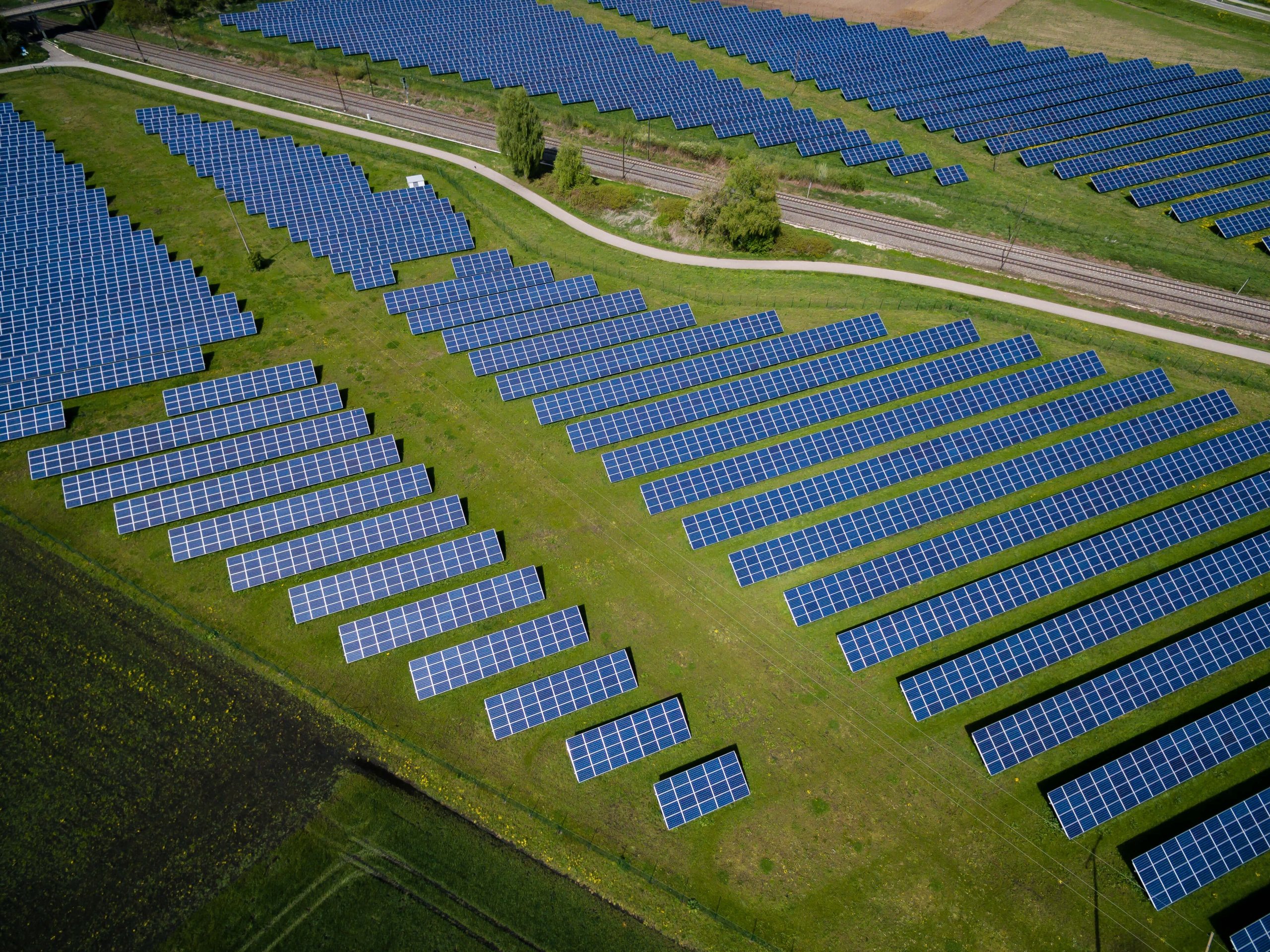The construction industry is one of the most important industries in the world. It is responsible for building the homes, offices, and other structures we use daily. However, the construction industry has a potentially negative environmental impact due to the number of resources it consumes and the pollution it creates. This article will discuss five ways the construction industry can become greener and more sustainable.
The construction industry is vital to the economy and our way of life, but it has a significant environmental impact. There are many ways that construction companies and contractors can make their operations more sustainable and reduce their environmental footprint. Here are five of the most important:
Reduce energy consumption and invest in renewable energy sources.
One of the ways the construction industry can reduce its energy consumption is by using the more sustainable mechanical infrastructure. Using a fabric-first approach will reduce the requirement for larger infrastructure and help keep energy requirements to a minimum. Another way to reduce the construction industry’s energy consumption is to use renewable energy sources, such as solar, wind, or green hydrogen. Another way to use less fuel is by switching from petrol and diesel-powered vehicles to electric vehicles.
Reduce water consumption.
Construction companies can reduce water consumption by using more efficient irrigation systems, drought-resistant plants, and rain harvesting. Construction companies can reuse greywater for irrigation to reduce water consumption even further. The introduction of water meters can help companies keep on track as well as implement low-consumption sanitary fittings.
Reduce waste.
Construction companies can reduce the amount of waste they produce by recycling construction materials and using less packaging. Plastic construction materials like PVC pipes can be replaced with more sustainable options such as bamboo. Where there is a need for high amounts of packaging, these can be replaced with sustainable packing options such as biodegradable plastics, recyclable wood and card. Various sustainable construction materials are available that have less of an impact on the environment than traditional construction materials. Sustainable construction materials include bamboo, recycled glass, and recycled plastic.
At construction sites, an emphasis should be placed on recycling from materials worked with to the contractors’ food containers for lunch, with metal bottles supplied for hydration throughout the day instead of plastic bottles.
Educate employees and clients about sustainability.
To do this, construction companies can provide training on sustainability topics and incorporate sustainable practices into their business operations. They can also advocate and lobby for sustainable policies at the local and national levels. They can also support sustainable organisations.
Use sustainable low-energy materials.
Construction companies can use green construction methods, such as green roofs and sustainable forestry, to reduce their environmental impact. They can also invest in low and zero-energy materials such as BEWI’s ICF system, THERMOMUR® and the insulated concrete raft system JACKODUR® ATLAS which allows for fast construction with premium air tightness and acoustic insulation as well as making the building exceptionally thermally efficient. BEWI also produces award-winning JACKODUR® insulation with compressive strengths from 300 to 700kPa, so you can be confident your construction project will be Future Homes Ready! By planning for energy-efficient homes of the future now, we can help the environment for years to come.
By implementing some or all of these sustainability measures, the construction industry can reduce its environmental impact and become more sustainable. Contact us today for more information about sustainable building practices, future-ready homes, and our low-energy building products.

